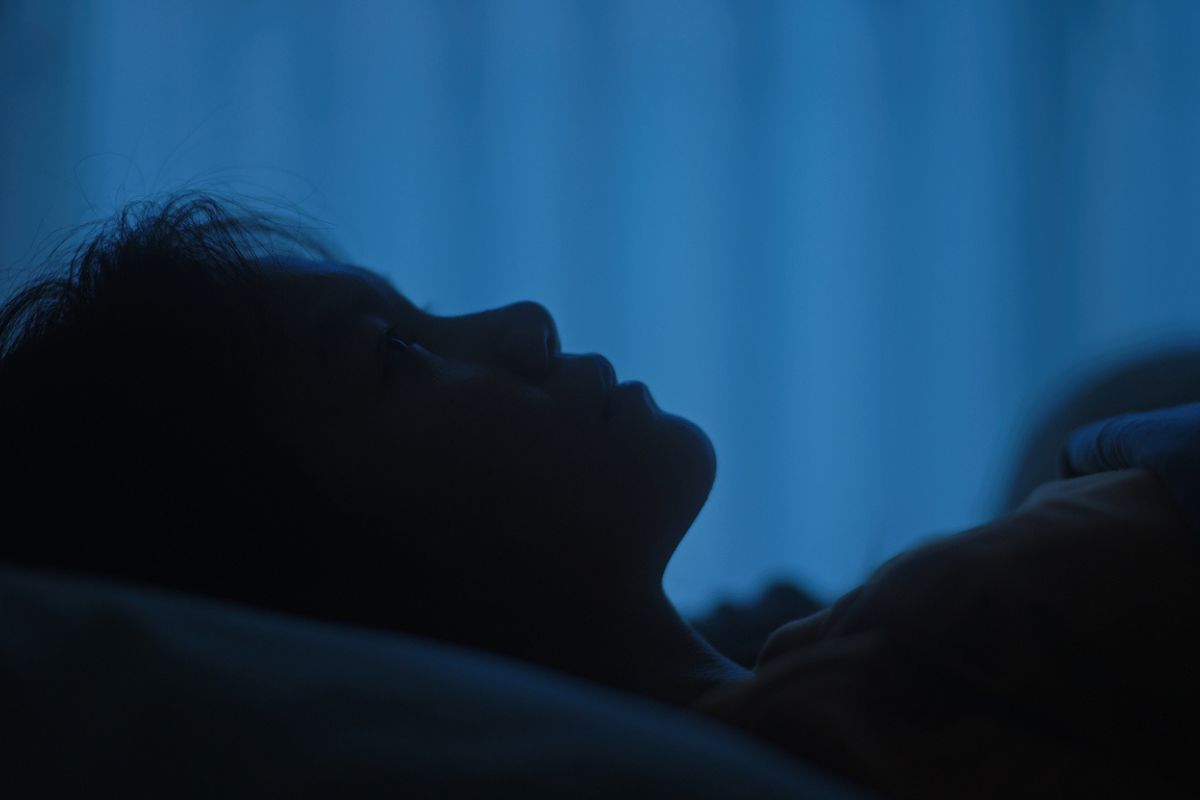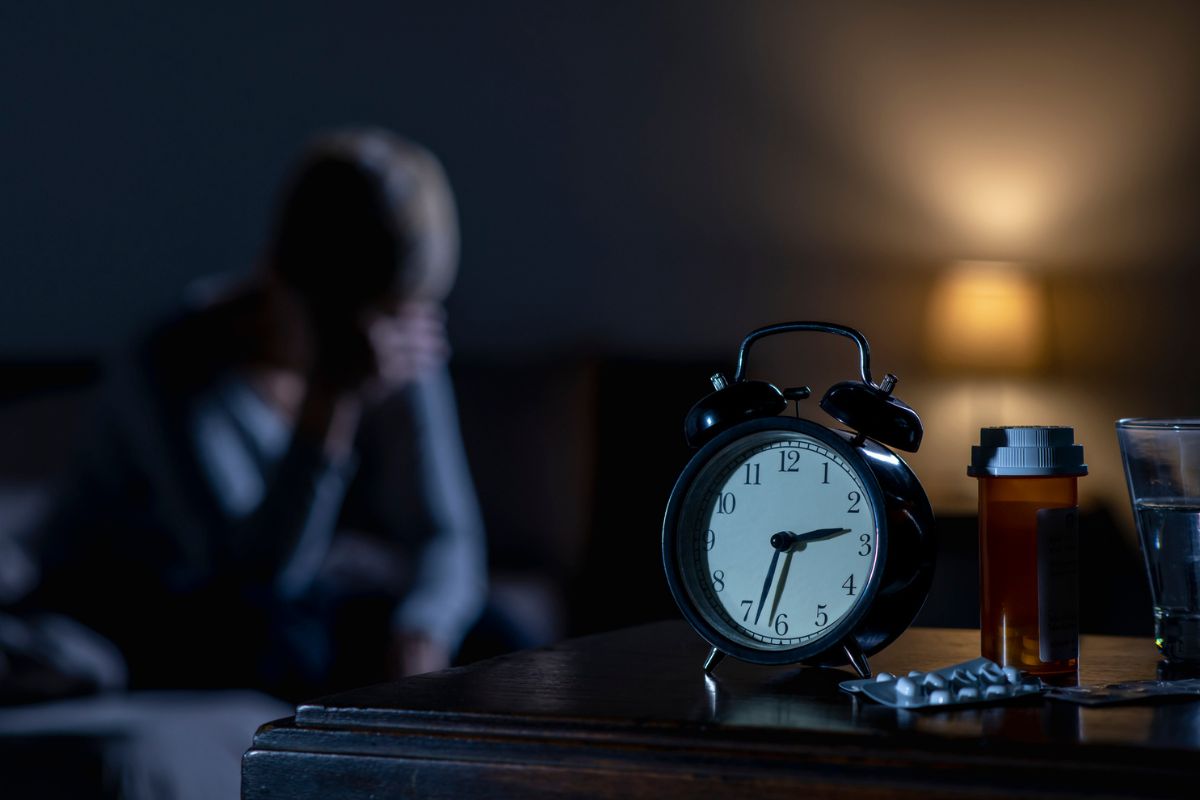Every medical professional in training has countless stories to tell about gruelling hours, long shifts, and sleepless nights. Now a new study from the Primary Care Companion for CNS Disorders (PCC) adds credence to these tired tales.
Sleepless in Training
The study, a cross-sectional analysis involving 226 medical students and residents working in a Lebanese hospital, revealed a staggering 81 percent prevalence of significant sleep disturbance among the medical trainees. The academic year they were in was the largest contributing factor, with sixth- and seventh-year students (residents) experiencing the highest rates of sleep disruptions. Night shifts were a culprit too, substantially eroding sleep quality. Unsurprisingly, stress also emerged as a prominent contributor to insomnia and fragmented slumber.
Chronic lack of sleep has long been recognized as a significant concern within the medical profession, the author’s noted. It seems to be woven into the fabric of the medical career lifestyle, starting at the schooling phase through training and beyond.
As the study also noted, sleep deficits often lead to more serious effects than a caffeine habit and puffy eyes. An alarming 82 percent of the study subjects reported moderate-to-high stress levels, while nearly three quarters of them admitted to feeling overtired on a regular basis. Of real concern, 38 percent of the trainees reported excessive daytime sleepiness and nearly 5 percent relied on hallucinogenic sleeping aids.
Trainee exhaustion isn’t ideal for patient care either. For example, a PloS Medicine paper examined the impact of extra long work hours on medical errors among interns. During months in which medical interns worked extended shifts, the chances of their reporting at least one fatigue-related significant medical error increased more than three-fold compared to months with no extended shifts.
The PCC study authors called for ways to address sleep-related challenges among medical trainees. Implementing strategies to mitigate the adverse effects of night shifts, such as reducing work hours and ensuring adequate time for sleep, could help improve their quality of life and mental health.
And, while the study focused on Lebanese University medical trainees, it’s no secret that sleep disturbances and their associated factors are a problem in medical education everywhere in the world. Helping students and residents catch their Zs would go a long way toward fostering a healthier and more sustainable medical workforce and keeping patients safe, the authors stressed.
IN OTHER PSYCHIATRY AND NEUROLOGY NEWS
- One out of 100 people who attempt suicide die by suicide within a year after their unsuccessful try. A new new study called for more ways to mitigate the risks factors associated with suicide, especially for men over the age of 45.
- Another study found that young people with schizophrenia are at a much higher risk than average for suicide. Women, as well as anyone of either sex without other health issues, also face higher risks. The impact of schizophrenia is less severe in individuals with AIDS, but still concerning in those with connective tissue diseases.
- Mixed results from a study looking at the benefits of minocycline in treatment-resistant depression. It seems to work well only in cases with specific inflammatory markers.
- Learn how doctors managed a woman with essential tremors who was started on sertraline for a prolonged grief reaction, only to have an exacerbation of tremor.
- A novel blood test typically used in fingerprint identification achieved a remarkable 91 percent accuracy in distinguishing ME/CFS patients from healthy individuals and disease controls.
- Try something new! Come join us on the new Meta Threads social media platform for more great medical stories. You’ll find us here.
NEW AT CME INSTITUTE
Click to earn free accredited CME credit.



